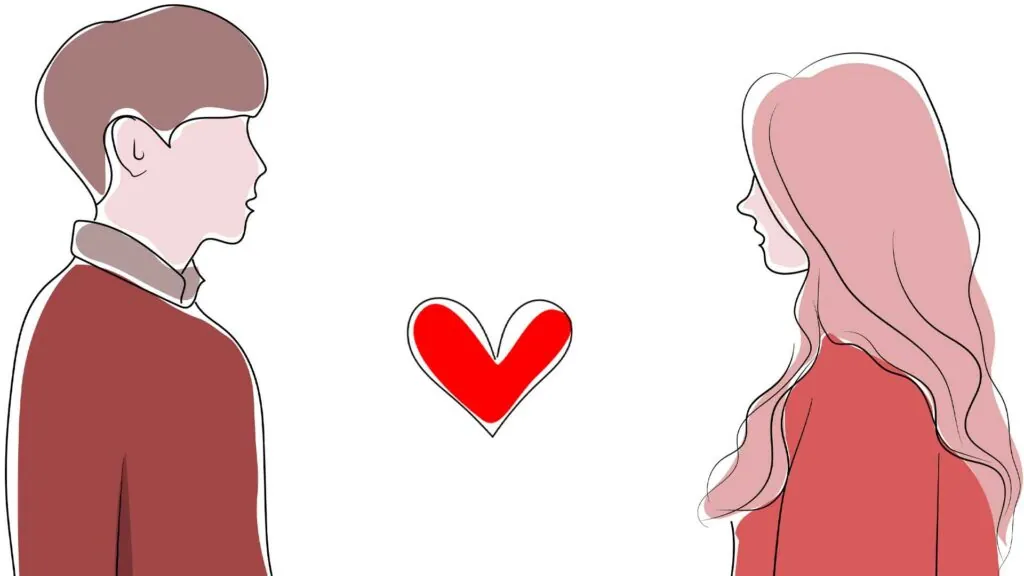Monarch butterflies are freaky cool (7 min)
We know that caterpillars become butterflies – two creatures in one! – but did you know that Monarch butterflies themselves have two entirely different life spans? One generation lives just weeks, and the next will live months, long enough for them to make the journey from Canada to Mexico, a route they have never traveled before. That’s three creatures in one!
Who will you believe about spanking?
Big-name psychological groups say spanking is harmful. But that says more about them than about spanking.
Sooner or later, babies will be too precious to abort
More people die from abortion than all other causes of death combined – abortion may have accounted for 52 percent of all deaths in 2021. Michael Cook thinks the consequences of this slaughter will be such that shrinking nations will have to turn their backs on abortion… or disappear.
“Devil with a bluegrass, bluegrass, bluegrass, devil with a bluegrass thumb”
Being able to laugh at yourself is grace indeed!
Origin-of-life challenge: $10 million, just lying around (10-minute read)
Since 2019, a $10 million prize has been available for anyone who can produce “a purely chemical process that will generate, transmit and receive a simple code.” This is a key tenet of evolution – that unguided processes can create and transmit information – and evolutionists have not been able to put up… so we should rightly regard them as having been shut up.
Tariffs: why Canada shouldn’t hit back
Free trade – free of barriers and restrictions – has, traditionally, been pretty exclusive to the Right side of the political spectrum. But now, with President Trump threatening tariffs on Canada and Mexico, we’re even hearing the Left talk about the harms that tariffs could cause. And not just to Canada and Mexico, but to American consumers too. As the far-left stalwart Alexandria Ocasio-Cortez (aka AOC) noted on X, “Remember: *WE* pay the tariffs….Trump is all about making inflation WORSE for working class Americans, not better.”
But what is she talking about when she says Americans pay the tariffs it charges?
Think of it this way. Imagine two towns located right next to each other – Town A and Town B – and each has a car mechanic. These mechanics are full-service: they go right to your house to do the repairs. The only difference between the two is that the car mechanic in Town A – let’s call him Arnold – is way cheaper, so not only do all the folks in Town A use Arnold, so do most of the folks in Town B.
That, understandably, makes the mechanic in town B – we’ll him Bill – quite unhappy, as it really hurts his business. So Bill demands that his town put in a tariff of sorts. He wants a 25% surcharge on any “out of town” car mechanics. He argues that this surcharge will be incredibly beneficial – applying it to Arnold for the work he does in Town B will help fund Town B’s government. It will also help protect Town B’s homegrown car repair businesses – Bill’s – by making his prices seem more competitive. And, Bill notes, if he gets more business, the government will benefit from the taxes he’ll pay. Bill pitches his tariff/surcharge as a win/win all the way around.
But Bill is forgetting someone – several someones, in fact.
The surcharge will make Arnold’s prices higher. Any Town B clients who do continue to use him will now be paying 25% more. And any clients he loses to Bill will be impacted too, having to pay Bill’s higher prices for their car repairs, taking a bigger chunk out of their household budget than ever before. In other words, Bill is staying in business at the expense of the car repair consumers in his own town. That’s not win/win at all – that’s a win for Bill, at the cost of everyone else in town. This is what AOC meant when she said that Americans will pay the tariffs they charge.
Canada rightly fears American tariffs on the energy and goods they produce. Those tariffs could hurt our producers badly. But hitting back at American tariffs with our own tariffs on US goods is only going to compound the pain. It might benefit some of our producers – whoever makes the goods that compete with imported American goods – but that benefit will come at the expense of Canadian consumers overall by making them pay more. Just like Town B’s car repair “tariff” hurt Town B’s citizens.
Is there an explicitly biblical perspective to be brought here? Well, what about Leviticus 19:15? “Do not pervert justice; do not show partiality to the poor or favoritism to the great, but judge your neighbor fairly.” God equates justice and impartiality, which prompts a question: should a government take actions that benefit some of its citizens – some producers – at the expense of other citizens, the consumers and producers who use those goods? Isn’t that partiality? God also speaks to this in his Golden Rule (Matt. 7:12). “Do unto others as you would like done unto you,” applied to the economic realm would mean that car mechanic Bill wouldn’t argue for his surcharge because he wouldn’t want that same surcharge applied to everything he buys. If Town A has cheap car parts, or groceries, or gasoline, he’d love to be able to benefit.
That fact is, tariffs always hurt consumers, so no matter what the US does, let’s not let tariffs beget more tariffs. Instead of putting up trade barriers, there are interprovincial barriers we could greatly benefit from taking down, as Pierre Poilievre explains below.











